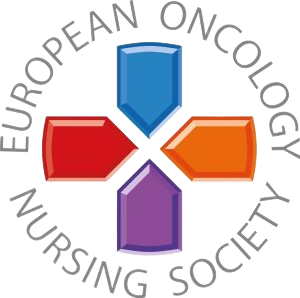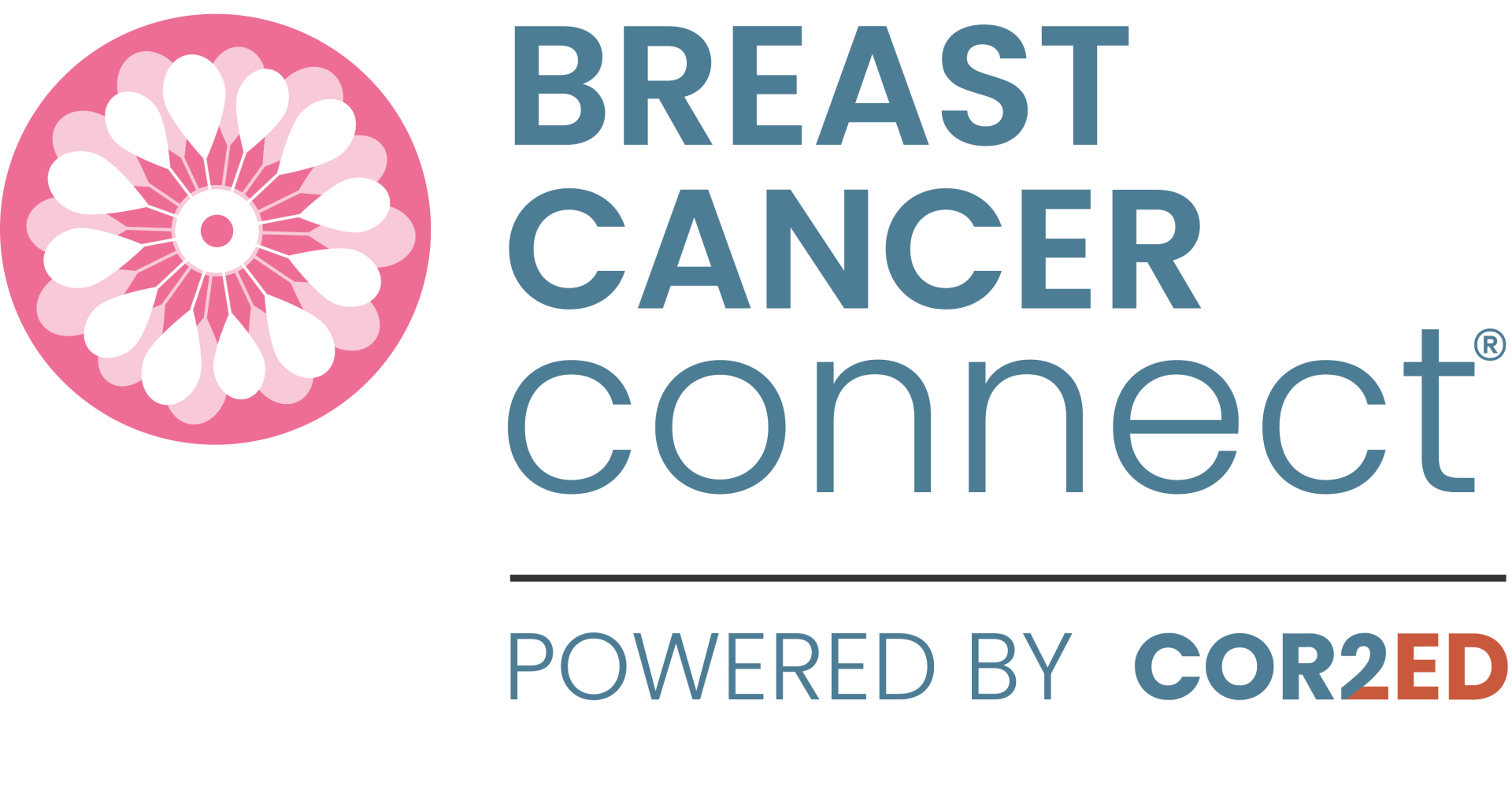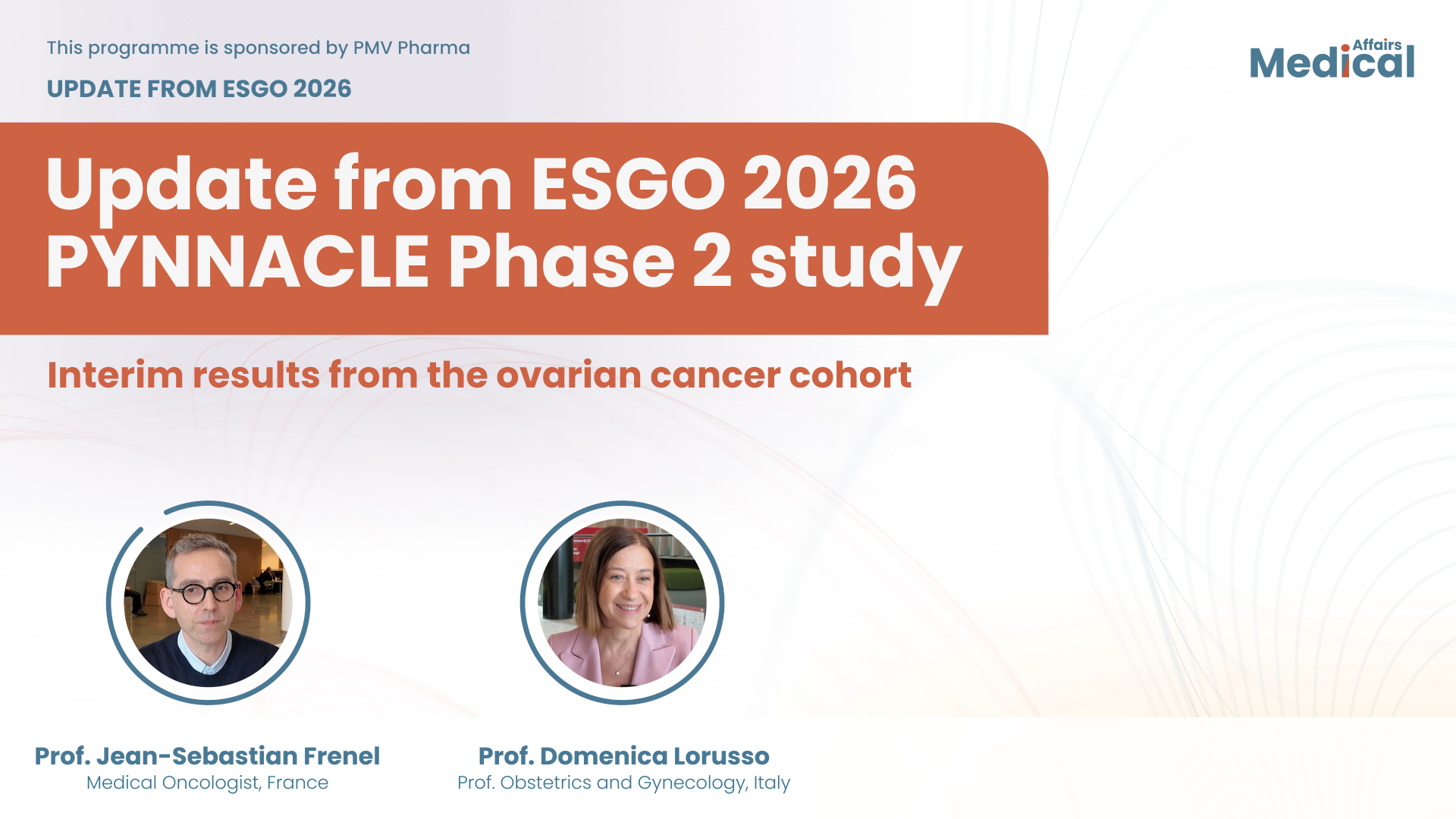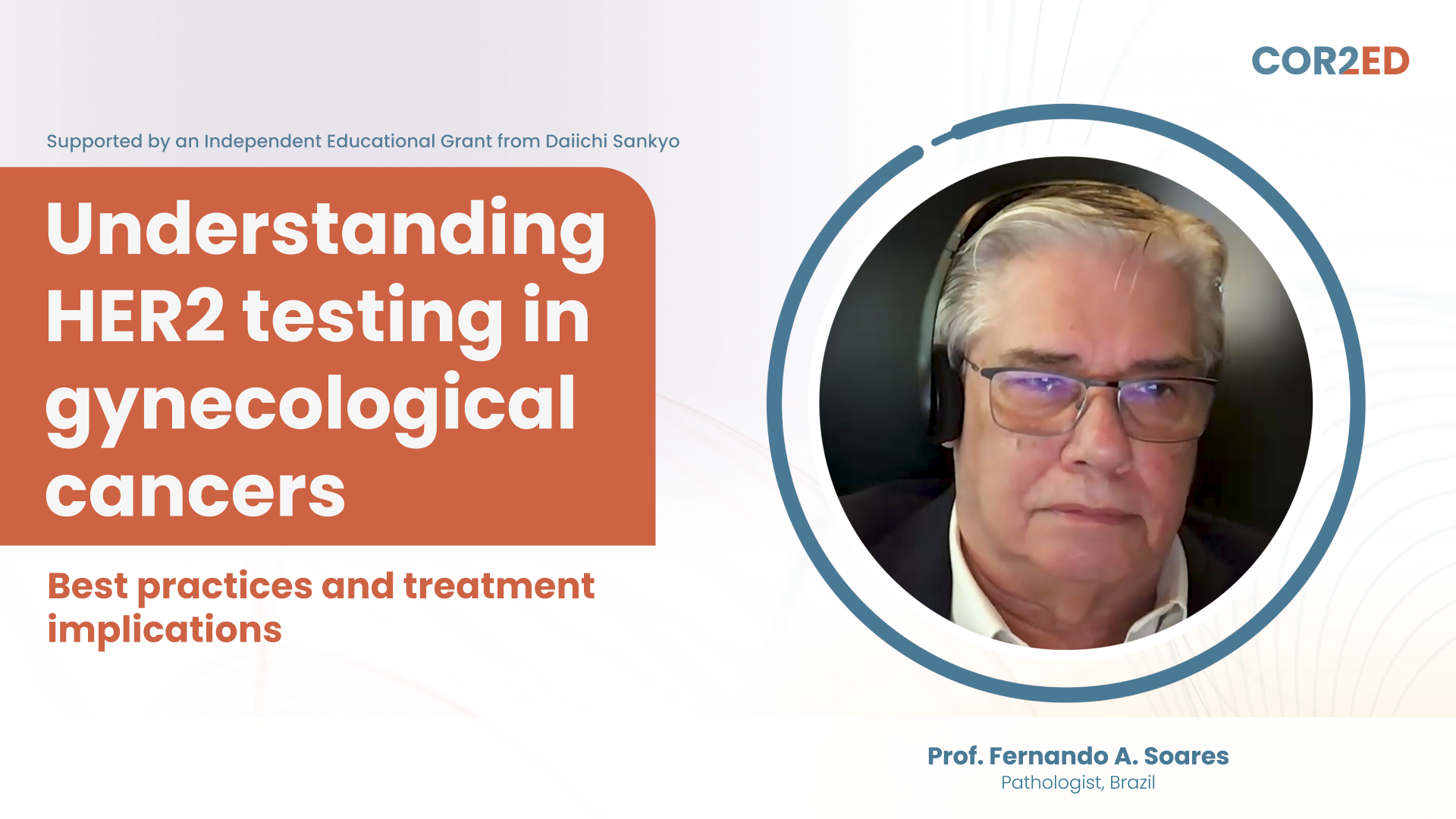In this podcast series, Prof. Shaheenah Dawood and Assoc. Prof. Rena Callahan discuss oral SERDs for ER+/HER2- advanced or metastatic breast cancer.
Episode 1: Oral SERDs in ER+ breast cancer: efficacy, safety and treatment landscape
The experts explore the efficacy and safety profiles of oral SERDs and their place in the treatment landscape, and discuss how to optimise treatment selection and make appropriate sequencing decisions.
Episode 2: Oral SERDs in ER+ breast cancer: treatment selection and beyond
A deep-dive into two patient case studies of ER+/HER2- metastatic breast cancer, discussing the intricacies of treatment selection and sequencing to maximise outcomes, current data, and what to consider when adjusting dosage or switching treatments.
Episode 3: Oral SERDS in ER+ breast cancer: rare cases & treatment challenges
Prof. Dawood and Assoc. Prof. Callahan discuss the next two patient case studies of ER+/HER2- metastatic breast cancer, each presenting unique and rare situations that shed a light on the challenges confronting healthcare professionals and patients alike.
Clinical Takeaways
-
Elacestrant was the 1st oral SERD to be FDA approved (January 2023), with optimal efficacy and manageable safety for patients with ESR1 mutated ER+/HER2- advanced or metastatic breast cancer
-
Factors such as disease progression, tumour burden, treatment-related toxicities, patient preferences and quality of life should be considered when deciding whether to adjust current treatment dosage or switch therapies
-
Maximising endocrine therapy options is recommended with and without targeted therapy in ER+/HER2- advanced or metastatic breast cancer
-
ESR1 mutation testing should be done with a liquid biopsy platform at the time of progression on an aromatase inhibitor as well as after subsequent lines of progression
-
Oral SERDs are being studied as a monotherapy and in combination with targeted therapies (i.e. CDK4/6, PI3K and AKT inhibitors), offering promising prospects for their integration into clinical practice













 Downloadable
Downloadable  5 MIN
5 MIN
 Mar 2026
Mar 2026 





